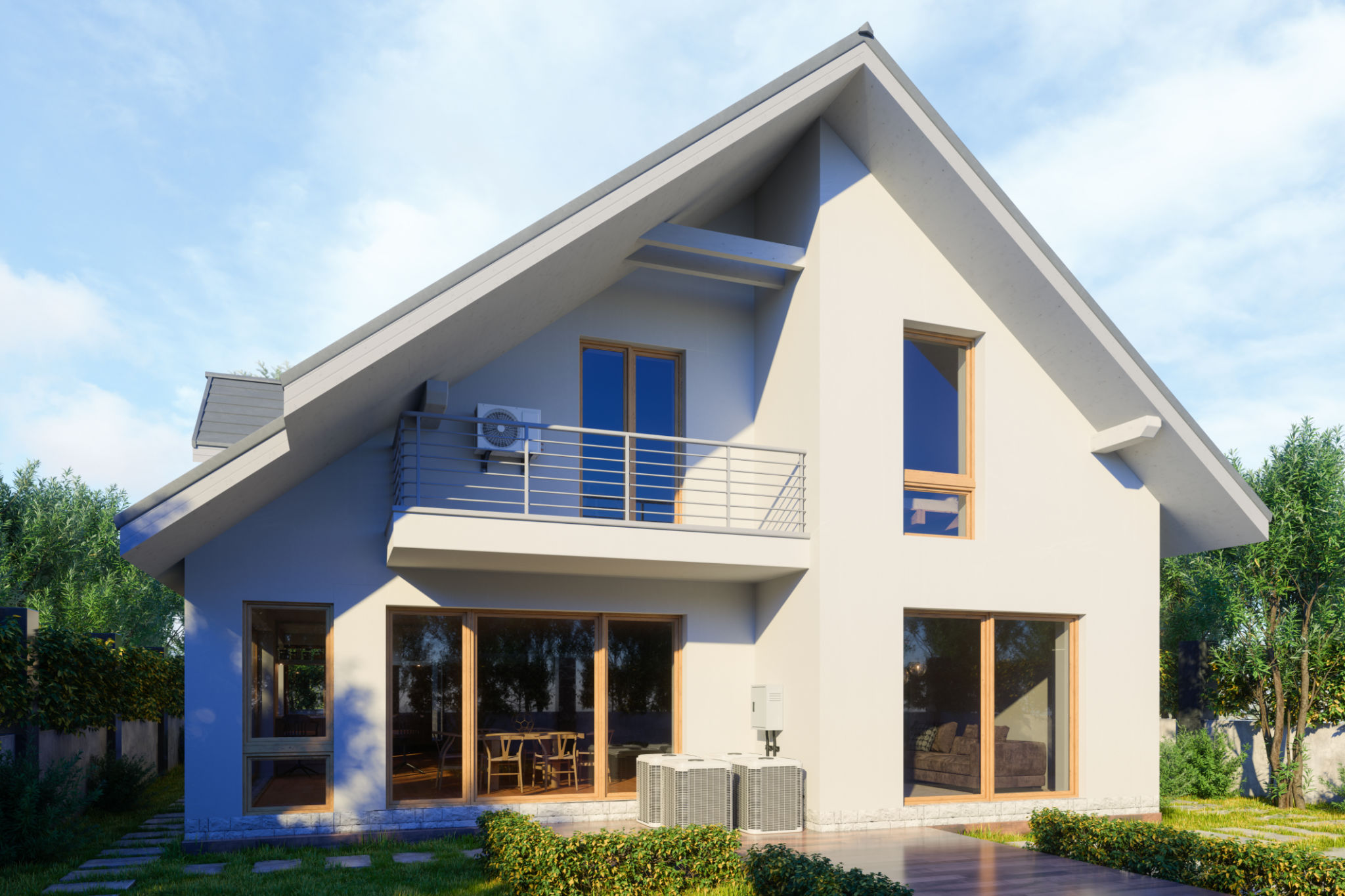Why Millennials Are Increasingly Interested in Fixer Uppers
Introduction to the Fixer Upper Trend
In recent years, there's been a noticeable shift in the housing market as millennials increasingly gravitate towards fixer-uppers. This generation, known for its unique approach to life and finances, is finding value in properties that require a little extra love and attention. But what exactly is driving this trend?
Millennials, often burdened with student debt and high living costs, are searching for cost-effective ways to own property. Fixer-uppers present a viable option, allowing them to enter the housing market at a lower price point. This practical approach aligns with their financial strategies, offering the potential for significant long-term gains.

The Appeal of Customization
One of the most compelling reasons millennials are drawn to fixer-uppers is the opportunity for customization. This generation values individualism and creativity, and owning a home that can be tailored to personal tastes is exceptionally appealing. Unlike move-in-ready homes, fixer-uppers allow homeowners to make every design choice, from the floorplan to the finishing touches.
Moreover, millennials are known for their appreciation of DIY culture. Many see renovating a home as a rewarding project that offers a sense of accomplishment. The process of transforming a property can be both a learning experience and an opportunity to develop new skills.

Financial Incentives and Market Trends
The financial incentives associated with fixer-uppers cannot be overlooked. Not only do these properties often come at a reduced price, but they also offer the potential for increased value. As millennials invest time and money into renovations, they can significantly enhance the property's market worth, leading to substantial returns on investment.
Additionally, housing market trends are playing a role in this movement. In competitive markets where demand exceeds supply, securing a traditional home can be challenging and expensive. Fixer-uppers often have less competition, providing an easier entry point into desirable neighborhoods.

Sustainability and Environmental Considerations
Millennials are also driven by a strong commitment to sustainability. The idea of renovating an existing structure rather than contributing to new construction aligns with their environmental values. By choosing fixer-uppers, they can incorporate eco-friendly materials and energy-efficient systems, reducing their carbon footprint.
Furthermore, the renovation process offers an opportunity to integrate sustainable practices from the ground up. From solar panels to recycled materials, millennials can make environmentally conscious decisions that reflect their values.
The Community and Emotional Connection
For many millennials, purchasing a fixer-upper is not just about the house itself but also about becoming part of a community. Older homes often come with rich histories and are located in established neighborhoods with unique character. This sense of connection and belonging is important to a generation that values community engagement.
Fixer-uppers also offer an emotional journey, as homeowners become intimately involved in the transformation process. The dedication required to renovate these properties fosters a deep sense of pride and attachment, making the house truly feel like a home.
Conclusion
The trend of millennials opting for fixer-uppers reflects a blend of financial pragmatism, desire for personalization, and commitment to sustainability. As this generation continues to shape the housing market, their preference for renovating older homes highlights a shift towards more thoughtful and meaningful homeownership.
